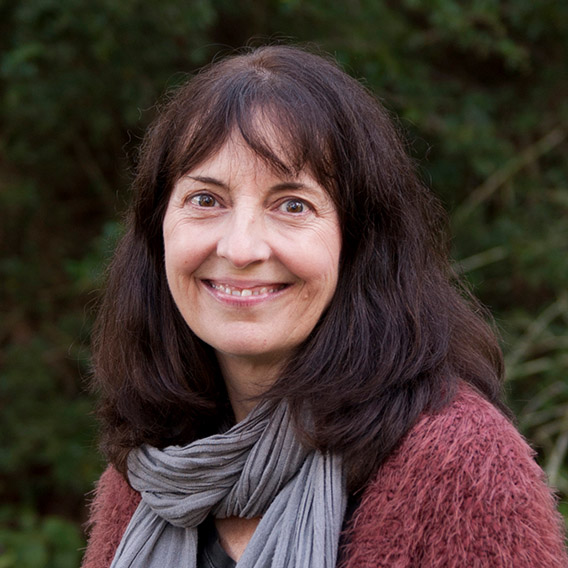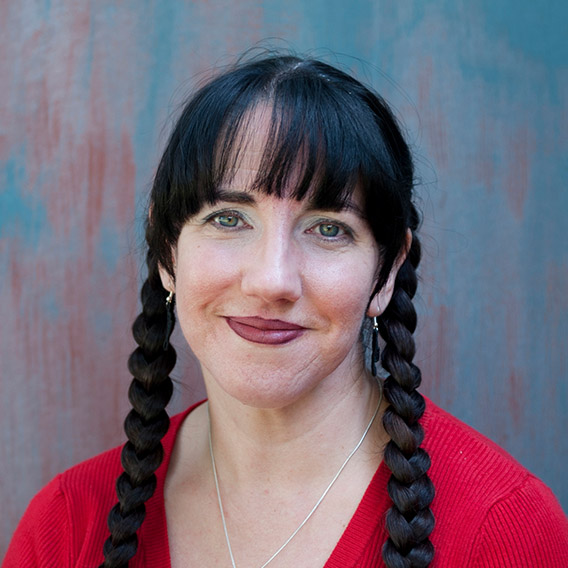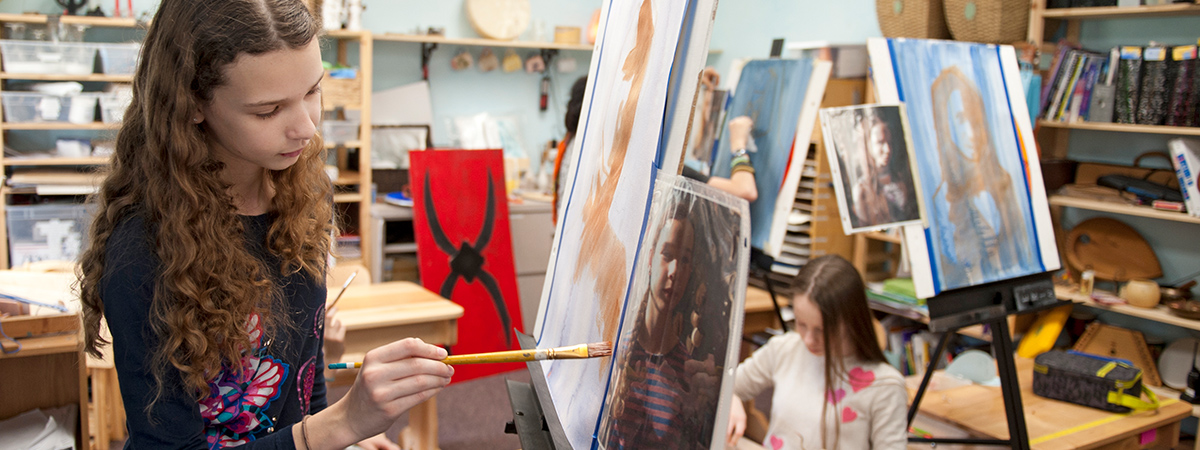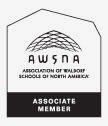An Age of Exploration & Human Greatness
Developmental Picture of the Student
Seventh graders navigate two worlds. They enjoy an introspective inner life as well as an active, outer perspective. Students yearn for independence and solitude, but they also want to make social connections. Adolescence is marked by many physical and emotional changes–indeed, seventh graders may go through periods of emotional volatility, self-absorption, or youthful exuberance. The curriculum challenges students’ cognitive and creative skills, promotes interest in the outer world, and nurtures their inner lives.
How the Curriculum Meets the 7th Grader
The seventh grade curriculum focuses on the Renaissance, the Age of Discovery, the Protestant Reformation, and the Scientific Revolution. Exploring these eras of human discovery and creativity sparks the student’s own developing engagement with—and questioning of—the world. The students read biographies of innovative thinkers whose thirst for knowledge came with a fearless need to question and defy authority. Independent work and group projects invite the students to consider a broader perspective. As a preview to high school, guest faculty may periodically teach a special topics block from their chosen fields of expertise.
The students hear historical accounts of individuals whose ideas challenged and changed the world. The core theme of renewal embodied in the Renaissance mirrors the adolescent’s rebirth into a new stage where thinking and feeling capacities expand. In geography, students learn about the environments, climates, and social structures of indigenous cultures in Africa or South America.
In the arts, they paint in the style of the Renaissance masters, learn perspective drawing, and explore light and shadow in design. For language arts, students practice careful note taking, write comprehensive essays, and construct research papers and expository reviews. Poetry writing gives the students an opportunity to express their observations on life and to explore their own inner feelings.
In mathematics, students study geometry, including triangle constructions, angle theorems, proofs, the golden ratio, and the Pythagorean Theorem. Seventh graders also advance their conceptual thinking with an introduction to algebra. They move from simple logic structures to more complex problem solving and abstract reasoning.
In physics and chemistry, the students use their senses to make objective observations of scientific phenomena. They study mechanical force and simple machines. The science blocks explore the lime cycle, salts, acids, and bases, which are all related to the digestive system. The human physiology block focuses on health issues that relate to the growing adolescent, including digestion, respiration, circulation, and reproduction. In learning about themselves as growing individuals, the students gain an understanding of the responsibilities and choices they will face as they mature.
Curriculum Components
- The Age of Exploration and Discovery, Renaissance, Reformation
- Creative Writing and Poetic Structure
- Physics, Chemistry
- Geography, Astronomy
- Algebra, Euclidean Geometry
- Physiology, Health and Nutrition
- Spanish, German
- Eurythmy
- Fine and Practical Arts, including Perspective Drawing, Woodworking
- Class Play, Recorder, Violin, Orchestra
- Physical Education
Life Skills and Homework EXPERIENCED IN 7th GRADE
- Writing: take notes out of a lecture review, write rough drafts, proofread material, edit and transcribe final revisions, write research papers, write poetry, practice grammar skills
- Reading: read complex material, participate in class discussions
- Science: practice observational skills; explain and write experiment details, draw conclusions
- Math: solve computation problems and conceptual word problems, do mental math to strengthen processing dexterity and flexibility
- Organizational Tasks: effectively use an assignment notebook, turn assignments in on time and complete, have materials ready for class, manage time to handle several assignments at one time, individual responsibility for homework
7th Grade Teacher

Angela Harris Middle School Teacher




